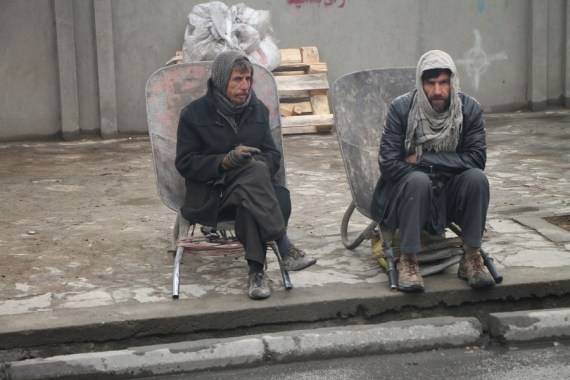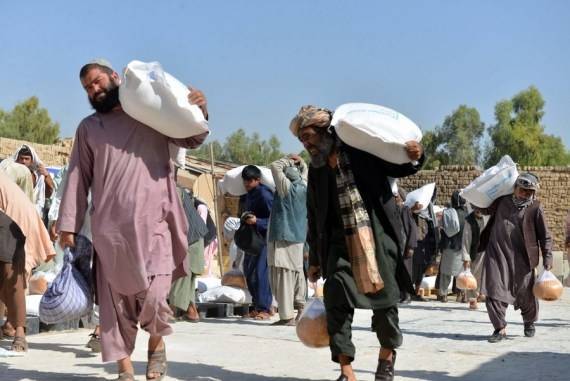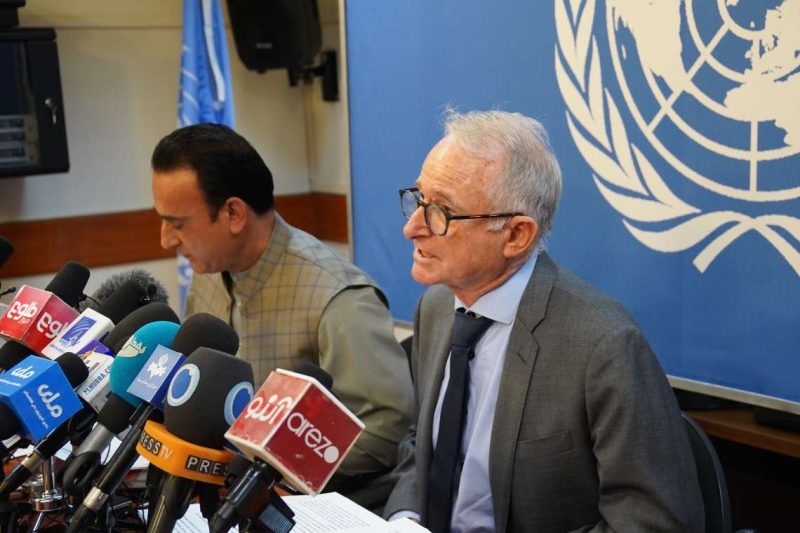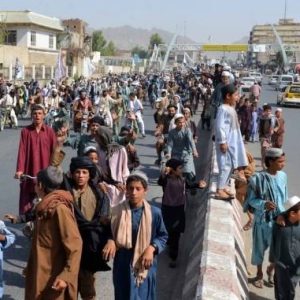Afghanistan made USD 151 million in revenue from its customs offices and other sources over the last year…reports Asian Lite News
Amid the economic downturn in Afghanistan since the Taliban seized power, the country now owes USD 1.4 billion in debt to foreign countries and major financial institutions.
“We are in debt at around USD 1.4 billion since the time of Republic government,” said Nasratullah Mahmood, general director of the treasury of the Ministry of Finance, as Khaama Press quoted.
“The debt is for 30, 40 and even a 45-year period which will be paid gradually,” he said.
In another statement, a senior official of the Ministry of Finance said that Kabul has paid more than USD 6 million in debts to the World Bank and International Monetary Fund (IMF) and called for transparency and proper documentation of the procedures as border customs contribute to a much bigger part of the government’s overall revenue.

Afghanistan made USD 151 million in revenue from its customs offices and other sources over the last year, reported Khaama Press citing the MoF.
“Over one last year, more than 65 billion Afs from taxes have been collected,” said Hedayatullah Badri, acting Minister of Finance.
Moreover, the Afghanistan Chamber of Commerce and Investment (ACCI) said that the exports and imports have had a positive impact on this year’s revenue, adding the surge in exports of coal caused the rise in the country’s annual revenue.
The rising crisis in Afghanistan has hit small enterprises the hardest and private companies have laid off more than half of their employees due to a shortage in sales and a drastic decline in the consumer demand for the products, according to the latest survey conducted by the World Bank. According to the survey, small enterprises have been hit hardest with about 38 per cent of them seizing operations, compared to 25 per cent among medium and 35 per cent among large businesses in the country.
The findings also show Afghan domestic inputs have become more expensive and yet difficult to obtain due to supplier closure and supply chain disruptions, which all lead to price inflation since the beginning of political uncertainty.
As per a local survey, the rate of poverty in the country has exceeded 95 per cent since the fall of the former government while 56 per cent are seeking to leave the country amid a drop in daily income. Moreover, millions of Afghans are on the brink of starvation as the country reels from a humanitarian crisis. (ANI)













